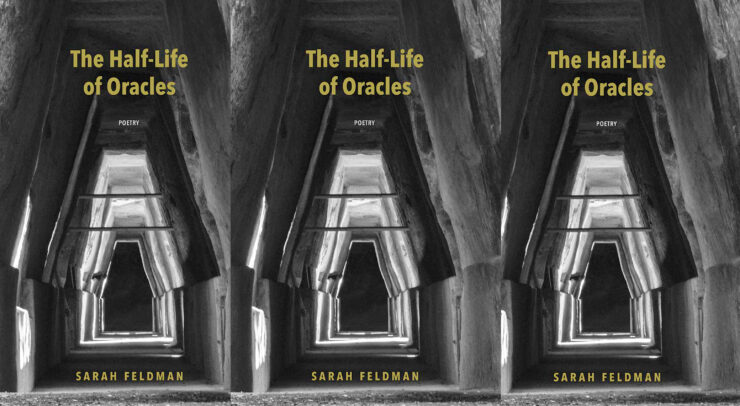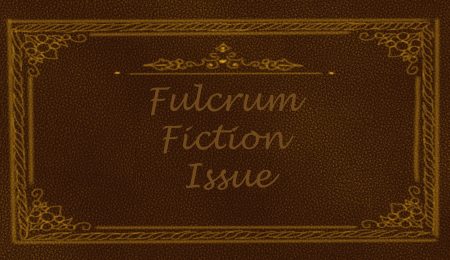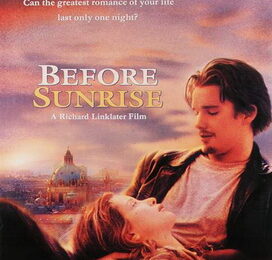Sarah Feldman covers Greek philosophy in The Half-Life of Oracles
While Plato and other Greek philosophers may have died thousands of years ago, their thoughts and remunerations are still alive in one U of O student’s new book.
On Sept. 11, Sarah Feldman, a PhD student in greek philosophy, published her first book, The Half-Life of Oracles.
The book, which Feldman has been working on for the past 17 years, contains a series of poems which take much of their inspiration from Greek philosophy.
“In part, it’s a way of thinking through questions that are raised by ancient Greek philosophy, and in part, it’s a way of thinking through those questions (about) poetry, and (life’s) day-to-day experience of loss, and what happens when you turn that loss into something that’s wider—more abstract, ” she told the Fulcrum. “One of the answers the book gives, is that that’s another loss.”
While The Half-Life of Oracles is Feldman’s first book, and is set to launch in Ottawa on Nov. 1, Feldman has been a writer for most of her life.
“I started writing horror stories when I was eleven … and then, I think that I started writing poetry seriously when I was 16,” she explained. “(Although) I first found something that I wanted to say when I was 19 (and) was writing about ancient Greek philosophy.”
For the author, the focus of her writing was inspired by her first university class on philosophy and has remained steadfast over the subsequent years—for the most part.
While she admits that she also writes poetry about nature, her works on philosophy have had special meaning to her.
“I had ideas about wanting to fit things together and wanting it to be clear, because I was trying to understand something that was sensory, that was emotional … but, was also intellectual,” she explained.
While simultaneously working on publishing her collection of poetry this past year, Feldman has also been writing a thesis on similar topics.
“Heraclytis is my thesis (and) Heraclytis comes over, and over in (The Half-Life of Oracles) … I thought through (the ideas for my thesis) in poems first … and those (were) ideas around symmetry and asymmetry, in the relation between experience and abstraction,” she explained.
However, Feldman also maintained there are are concrete differences between the two forms of writing.
“In an obvious sense it’s different. What I start with when I’m writing a poem is non-verbal,” she said. “Often, I’ll start with a rhythm or just a sense of how it should sound, along with a vague sense that things fit together, and what I finish with is a very different sense of clarity (in comparison with) a piece of academic writing.”
For other aspiring poets, the new author recommended that student writers read widely.
“I think (that) not waiting for inspiration’s a really good idea, and also read as much as you write,” she explained.
So, now that Feldman’s first book has been published, and she is looking ahead to future projects—she might have a lot of reading ahead of her.
“I like to think that there will be a second set of poems, and that they will be something different,” she explained. “The poems I write right now, are very different.”
The book launch for The Half-Life of Oracles will be taking place from 7-9 p.m. at Octopus books. To find out more, check out the event’s Facebook page.





